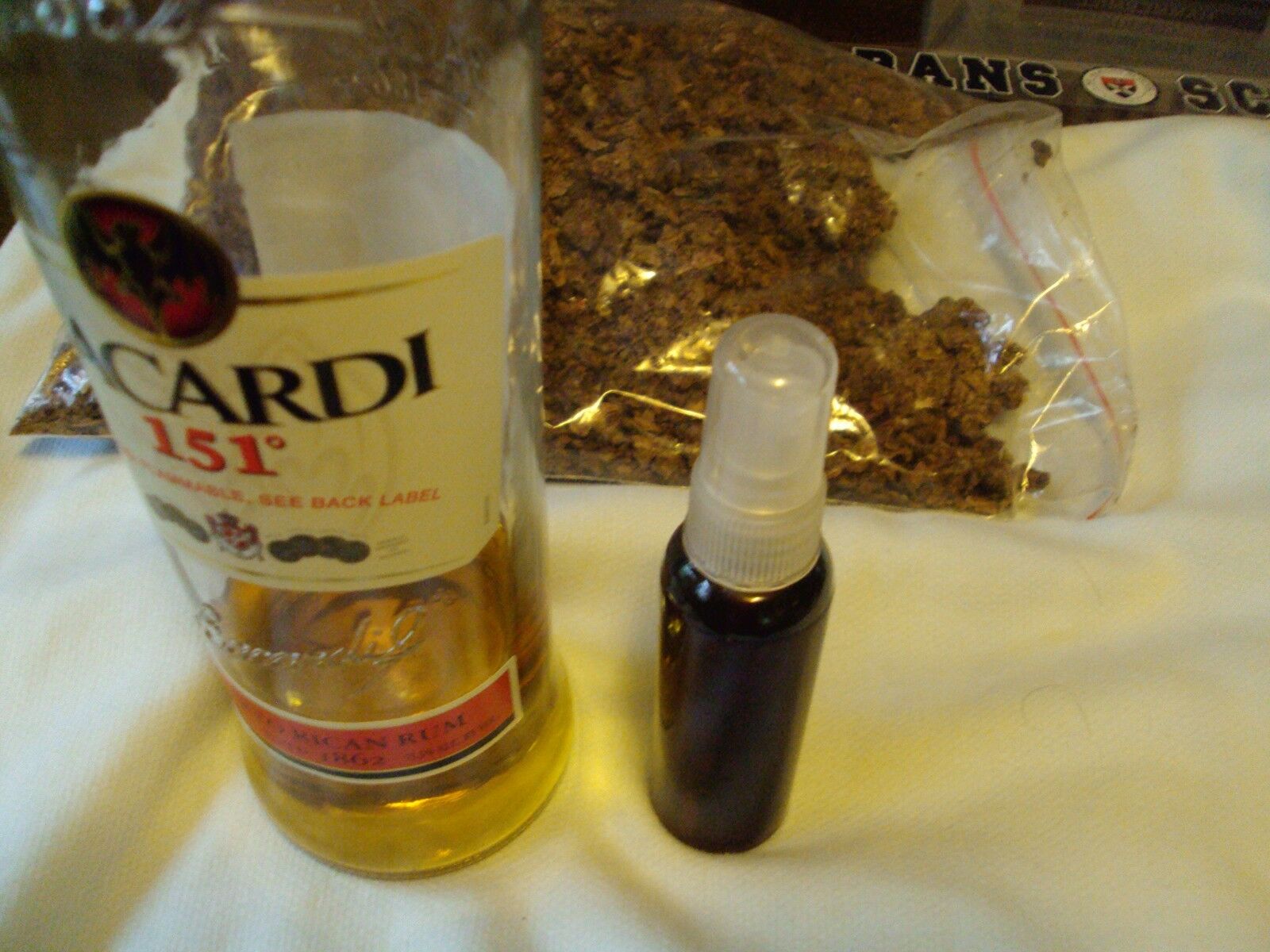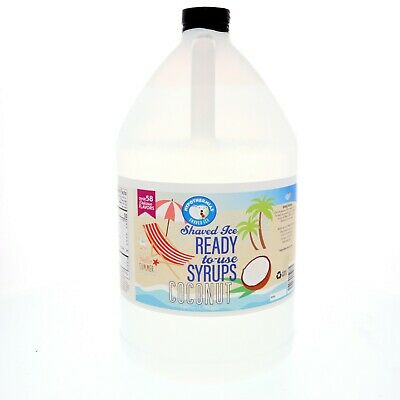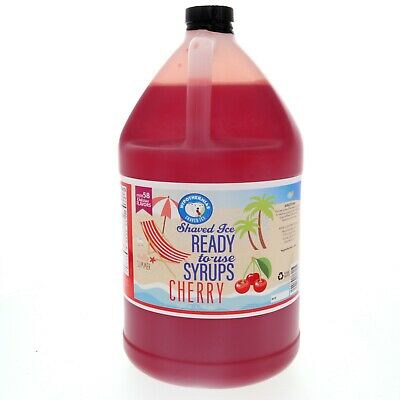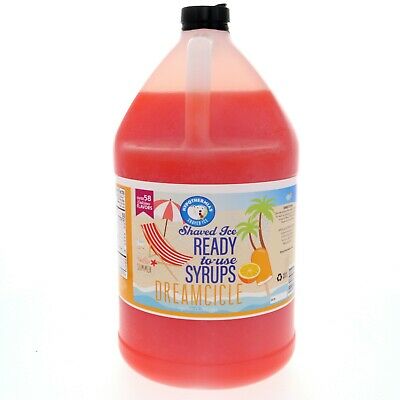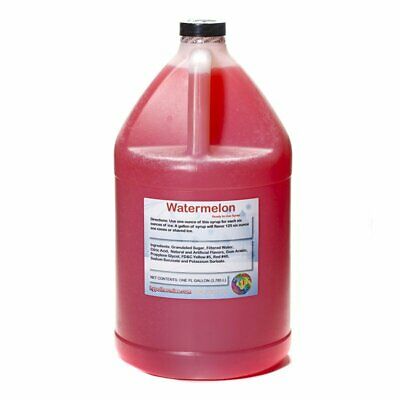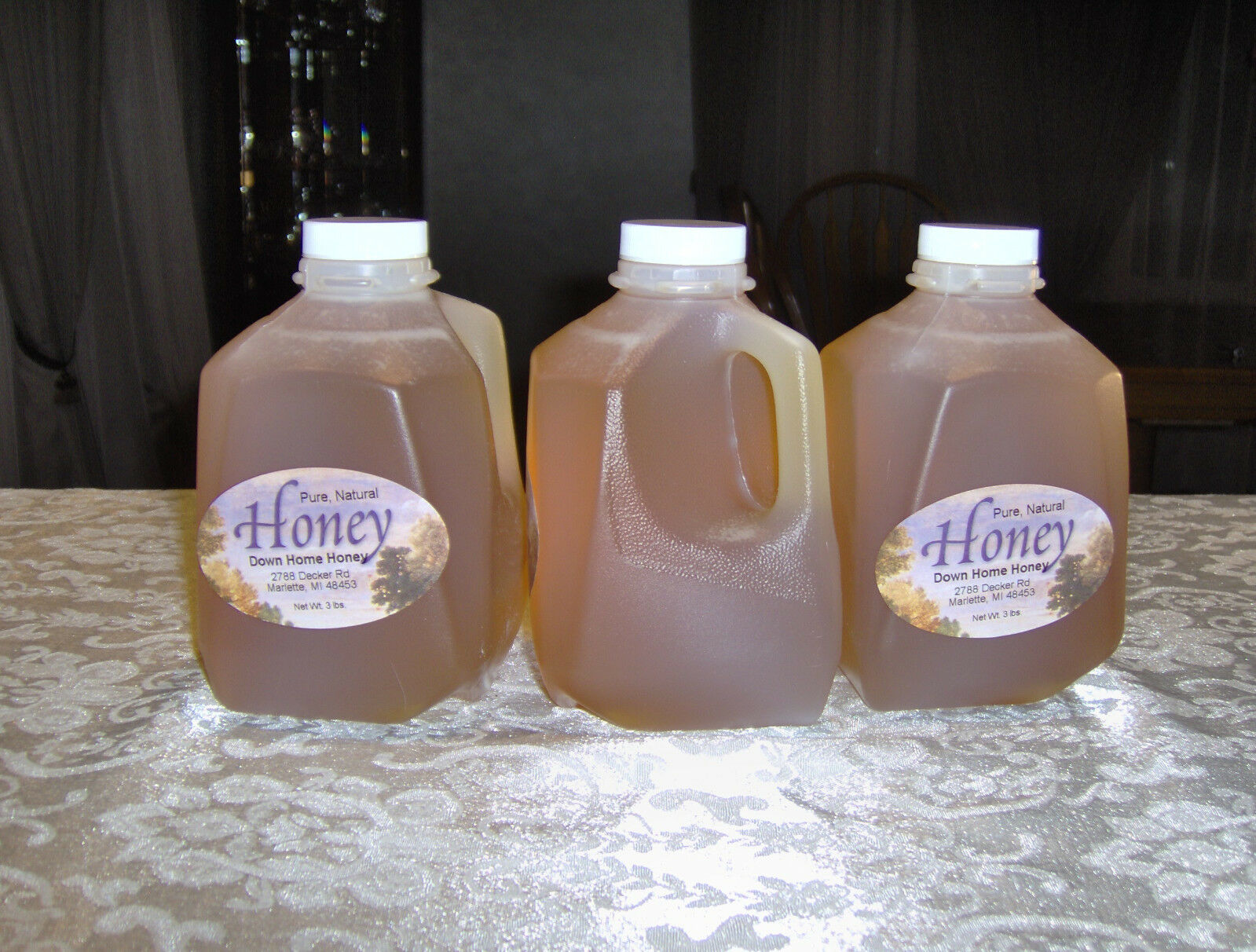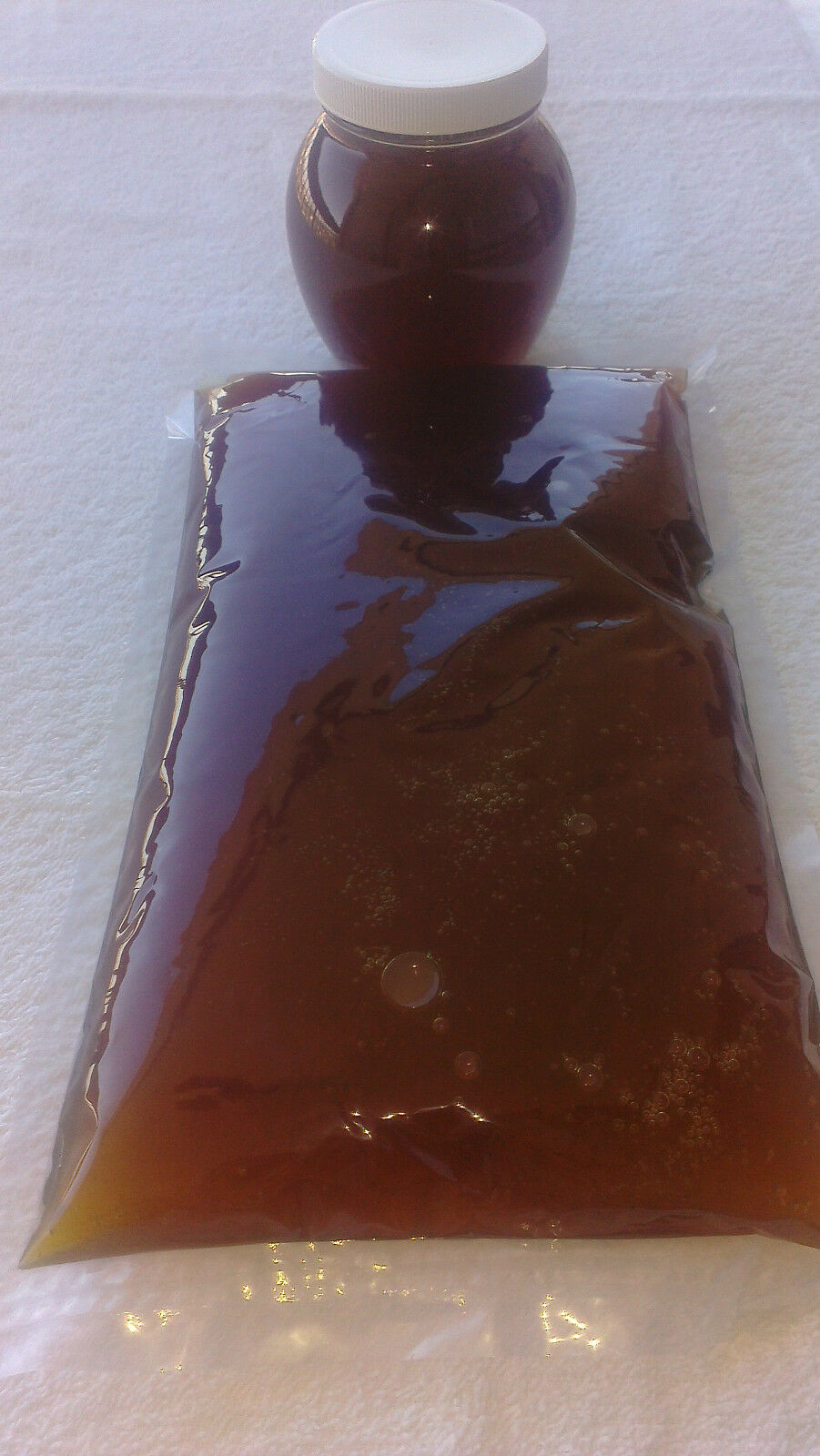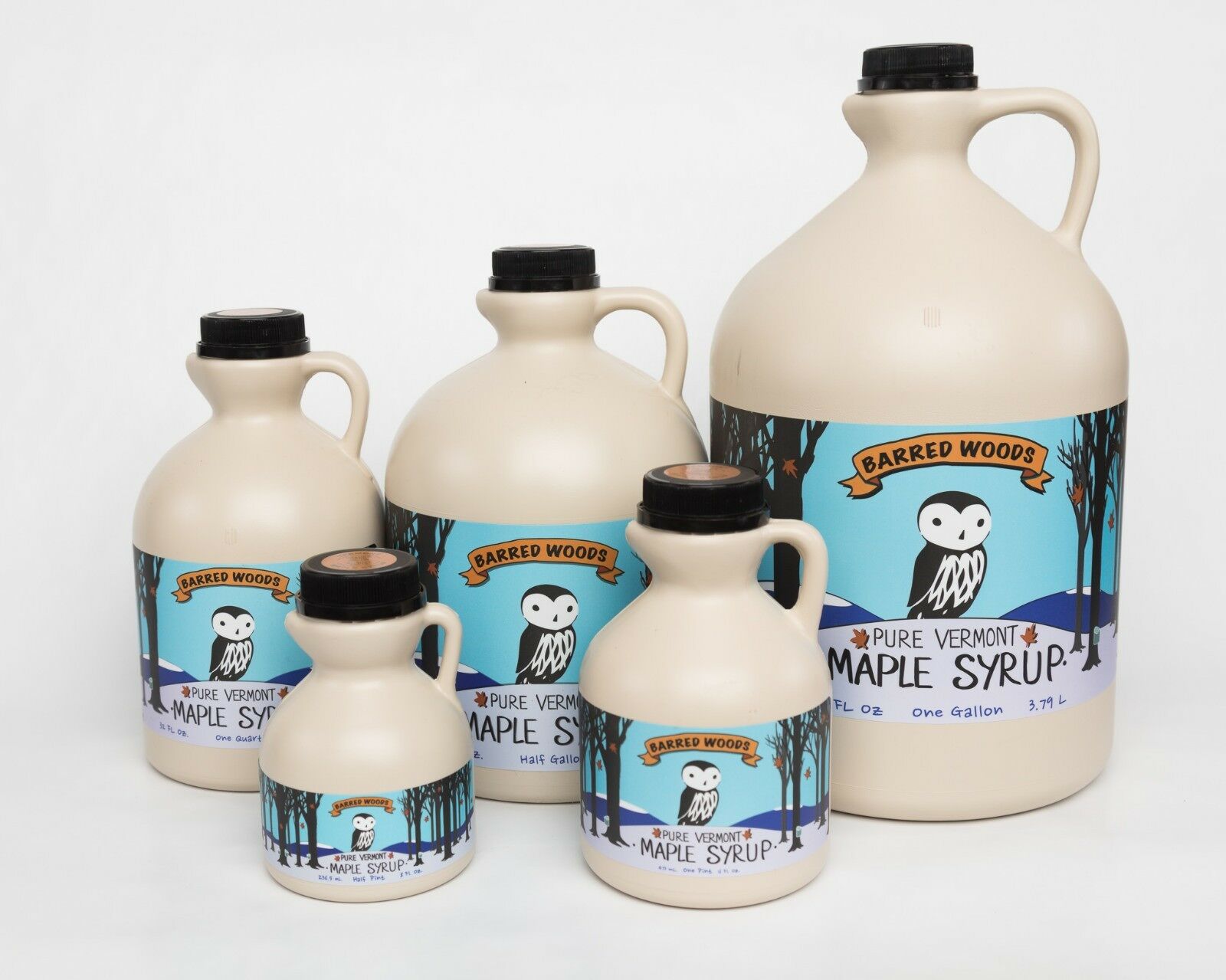-40%
100 % Natural Propolis Bee Extract 2 Oz from 5y study Bee Expert
$ 6.86
- Description
- Size Guide
Description
100 % Natural Propolis of Bee Extract very active made Oct 2049 2 OZ from My family Bee FarmI did study bees since 1981
WE USE EXPENSIVE BACARDI 151 to make extract.
I did study Bees for 5 years in Europe.
Best to use this extract before December 2022.
30 days return policy.
Tatra
Mountains
'
Polish
Alps
from the world renowned
Apitherapy expert
.
5 years study
Beekeeping Academy
at Pszczela Wola, Poland.
I did study for 5 years beekeeping in the only one Technical School in the World just with Bees Specialization Pszczela Wola Graduate 1986. Pszczela Wola is a small picturesque settlement located in the south east corner of Poland, 14 km south of Lublin along the Lublin-Bychawa route. Here you can find the Secondary Beekeeping School, the only one in the world, which has been the inherited pride for many generations of beekeepers since established in 1945.
During that time I had extended exchange with beekeepers in Austria Salzburg and Agricultural Universities in other European Countries. I did graduate with one of the top students. Propolis come from harvest 2013 from the Polish Mountain, nea
r
Limanowa, from pure GMO free land. Please feel free to contact my school. I will post additional picture. Propolis was just delivered last week and I have in bulk 1 Kg packages. I can sell any
a
mount you need.
Hand selected by beekeeping expert after 5 years university research in apitherapy.
Beekeeping &
honey
production in the Carpathians - This is one rural
are with
the vast forested
Carpathian mountain
Poland beekeepers kick Monsanto out of the hive, successfully ban bee-killing.
Poland is GMO Free
Pollinators are critical to the Nation’s economy, food security, and environmental health. Honey bee pollination alone adds more than billion in value to agricultural crops each year, and helps ensure that our diets include ample fruits, nuts, and vegetables. This tremendously valuable service is provided to society by honey bees, native bees and other insect pollinators, birds, and bats.
A honey bee, with pollen attached to its hind leg, pollinating a watermelon flower. (Photo by Stephen Ausmus/USDA)
But pollinators are struggling. Last year, beekeepers reported losing about 40% of honey bee colonies, threatening the viability of their livelihoods and the essential pollination services their bees provide to agriculture. Monarch butterflies, too, are in jeopardy. The number of overwintering Monarchs in Mexico’s forests has declined by 90% or more over the past two decades, placing the iconic annual North American Monarch migration at risk.
Reduce honey bee colony losses to economically sustainable levels;
Increase monarch butterfly numbers to protect the annual migration; and
Restore or enhance millions of acres of land for pollinators through combined public and private action.
The President has emphasized the need for an “all hands on deck” approach to promoting pollinator health, including engagement of citizens and communities and the forging of public-private partnerships. To foster collaboration, the interagency
Pollinator Health Task Force
will work toward developing a
Partnership Action Plan
that guides coordination with the many state, local, industry, and citizen groups with interests in and capacities to help tackle the challenge facing pollinators.
People of all ages and communities across the country can play a role in responding to the President’s call to action. YOU can share some land with pollinators—bees, butterflies, other insects, birds, bats—by planting a pollinator garden or setting aside some natural habitat. YOU can think carefully before applying any pesticides and always follow the label instructions. YOU can find out more about the pollinator species that live near you.
Today’s announcement marks an important step toward promoting the health of pollinators that are critically important to our economy, environment, and health.
Dr. John P. Holdren is Assistant to the President for Science & Technology and Director of the White House Office of Science and Technology Policy.
https://members.ebay.com/ws/eBayISAPI.dll?ViewUserPage&userid=cobalt4you
